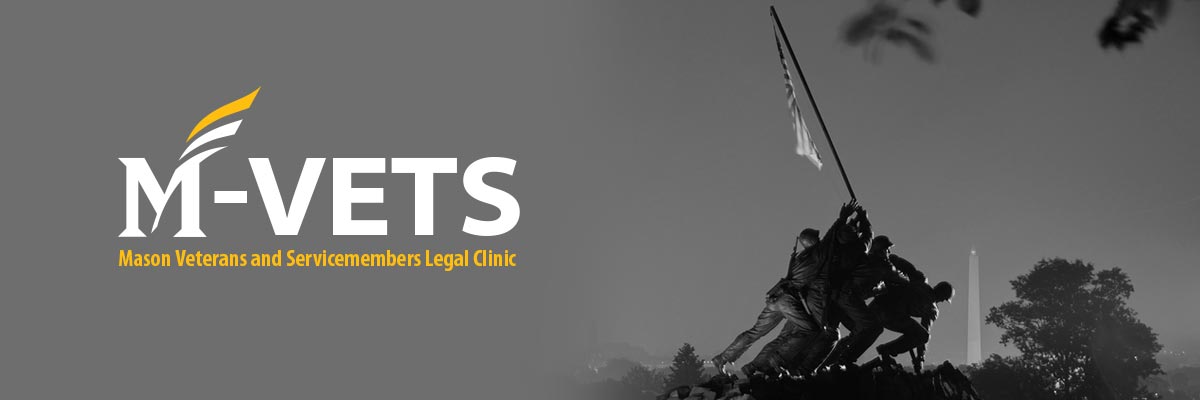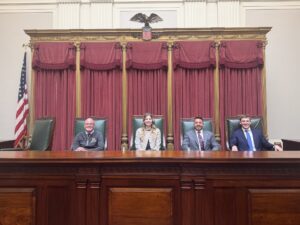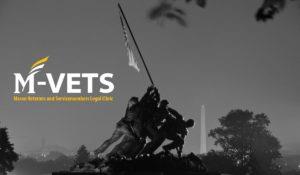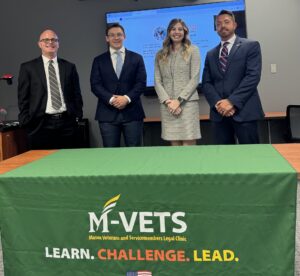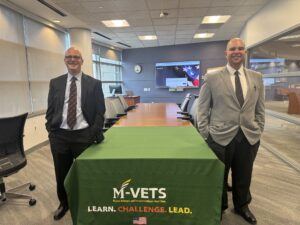Written by Fall 2025 M-VETS Student Advisor Jacoby Warner.
I. Introduction: A Cautious Win for Veteran Law
Practitioners representing veterans in disability retirement cases are accustomed to hard limits. Correction boards have often treated disability retirement as unavailable when a client’s separation was the result of misconduct, invoking statutory authority as a threshold bar rather than considering the medical merits. Read more
